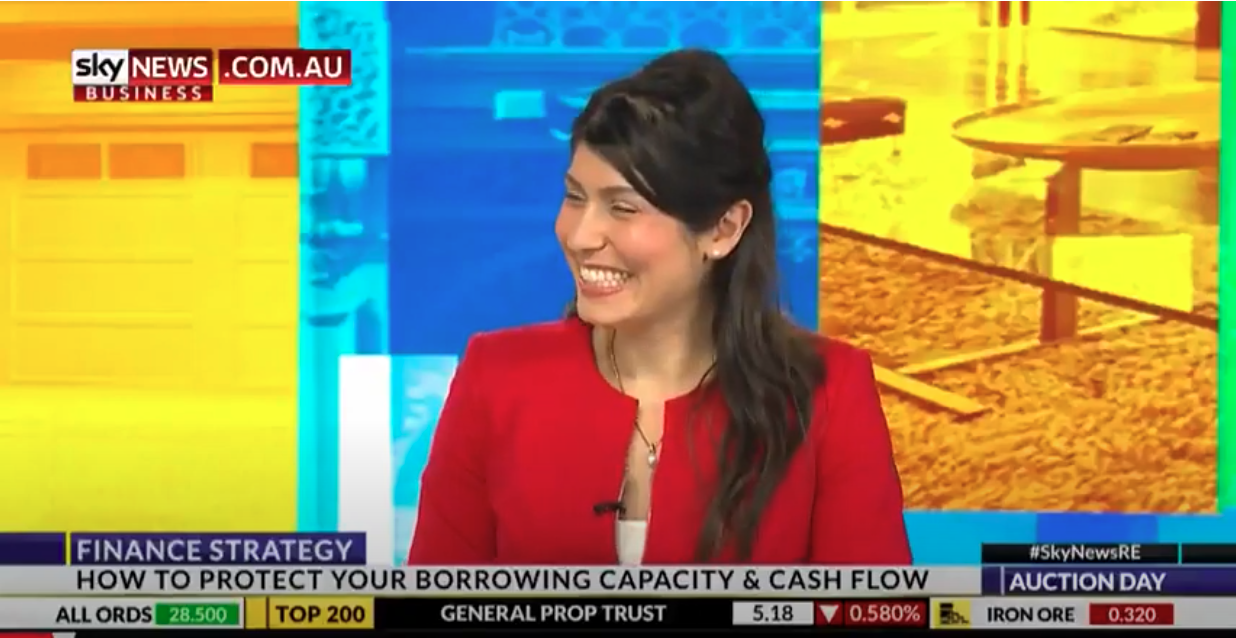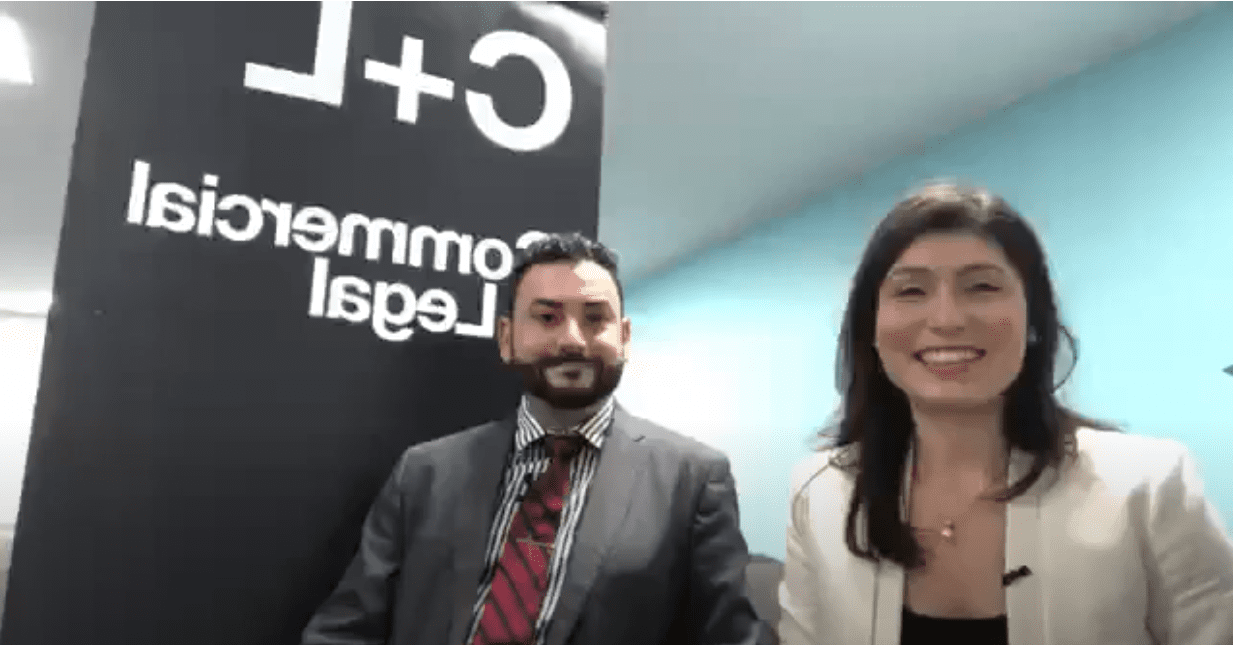Payday loans enable Australians to pay for an item they desire right away, without having to pay its full purchase price immediately. Like any loan, they could affect your financial future, which is why we want you to know the good, the bad, and everything you need to consider!
What is a payday loan?
First, let’s clarify what payday loans actually are.
Payday loans are short-term finance usually due in months, or even weeks. They are unsecured and often come with really high-interest rates disguised as fees. A very tempting quick fix! Since they are really easy to access, most people don’t think about the consequences they might bring. But there are some you should definitely know before choosing this.
What can go wrong with payday loans and why should Australian people beware?
When you apply for a bigger loan, you’re usually met with demands for information about you and your personal finances. This process allows the lender to assess your ability to pay that loan back.
Payday loans don’t involve the same process. You won’t have to go through much of an affordability assessment, if at all… and will have to go through even fewer checks and balances. While this may sound convenient, without the usual assessments you may find you can’t afford to pay back the money! The daunting prospect of paying that loan can lead to more borrowing, which of course translates into more debt!
Easy access puts the responsibility on you!
If the debt keeps piling up, your repayments could easily get beyond your reach! The lack of assessment we mentioned effectively puts an important obligation on you. You must determine whether you can actually afford the loan. However, if you really want that new item, you could be tempted to take out a payday loan, even if you can’t reasonably afford it. We recommend our budget planner, which can give you an idea of your spending capacity.
It’s likely that payday loans will trap you in a cycle of debt
The last thing you want is be trapped in what feels like a never-ending cycle of debt. Getting out of this cycle can be difficult and can leave you wishing you had just saved up for that item in the first place. Sometimes, putting your Afterpay and payday loans back on your credit card can be tempting. But please consider you’re already paying interest on that card!
By now, you might be wondering…with short-term loans that have no obvious fees, how do they make money?
There actually are lots of fees!
If you’ve never used Afterpay or payday loans you might not be aware of how they make their money. It’s all in the fees! They expect you to pay late. Some of the profits come from them charging a higher interest rate for the convenience of an unsecured loan. Alternatively, you’ll also see late payment fees with big consequences if they’re not paid on time.
Have you seen those advertisements? “Zero interest”? Don’t be fooled!
Interest rates (disguised as fees) are actually quite high
If there is no interest rate, then where could your money go? You guessed right! More fees.
Higher establishment or monthly fees, and more! These abnormally high costs are covering up for the high-interest rates you might’ve been expecting.
If you default, your charges can duplicate!
Defaulting on your Afterpay or payday loans can have some terrible consequences.
Sometimes if you default you could end up having to pay back double what you actually borrowed. Taking into consideration the large interest rates we already discussed, this could be an equally large problem!
These loans can be really tempting but the risks are quite high. The debt cycle can result in serious financial hardship. In fact a report by Financial Accounting Australia found 84% of people find themselves in financial hardship because of payday short-term loans. The loans tempt you to buy what you might not actually need, with the consequences creeping up a few weeks or months later.
What is Afterpay?
It’s likely you’ve seen or heard of Afterpay at the shops. You may be wondering what it is exactly and how it works.
Generally, instead of paying the entire dollar amount when you make a purchase, you can pay it back with fortnightly repayments instead. Sounds convenient right? So if you make a purchase of $200, you pay $50 that fortnight and $50 for the following 3 fortnights… so then, what could go wrong?
The dangers of Afterpay schemes
As easy and convenient as it sounds, there are some dangers you will want to beware of before you start.
If you’re late on your payments it can really set you back. Late payment fees can be up to 25% (which is a really high-interest rate!) so it’s easy to see how people can get trapped in a debt cycle.
Do Afterpay and payday loans affect your borrowing capacity when it comes to a mortgage?
The convenience and immediacy of these types of loans is a great benefit, but the potential for bad debt could indeed affect you. One of the questions we get asked the most is, can these types of debts affect your borrowing capacity for those bigger loans?
You might be really sensible with your Afterpay debt and always pay on time. But if you have them the lender will automatically assume that you can’t manage your day-to-day cash flow, which is definitely not ideal. Also, those payday loan inquiries can have a negative impact on your credit score. So even if you’re using your payday loans responsibly, your ability to get a loan could be badly affected.
Every credit facility you have open, affects your borrowing capacity. Want to know what your borrowing capacity might be? You can find out in here!
Afterpay and payday loans can be okay if you use them really carefully. If you’re still on the fence about that purchase and considering Afterpay or a payday loan, do your own loan assessment and take full control of your finances,. Our team at Rise High is always here to help and guide you through this process! If you have multiple loans or debts, debt consolidation or refinancing can also help you save money and get a better hold of your finances.
Looking for personalised advice on these and other forms of finance? Contact us today!




